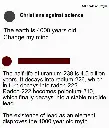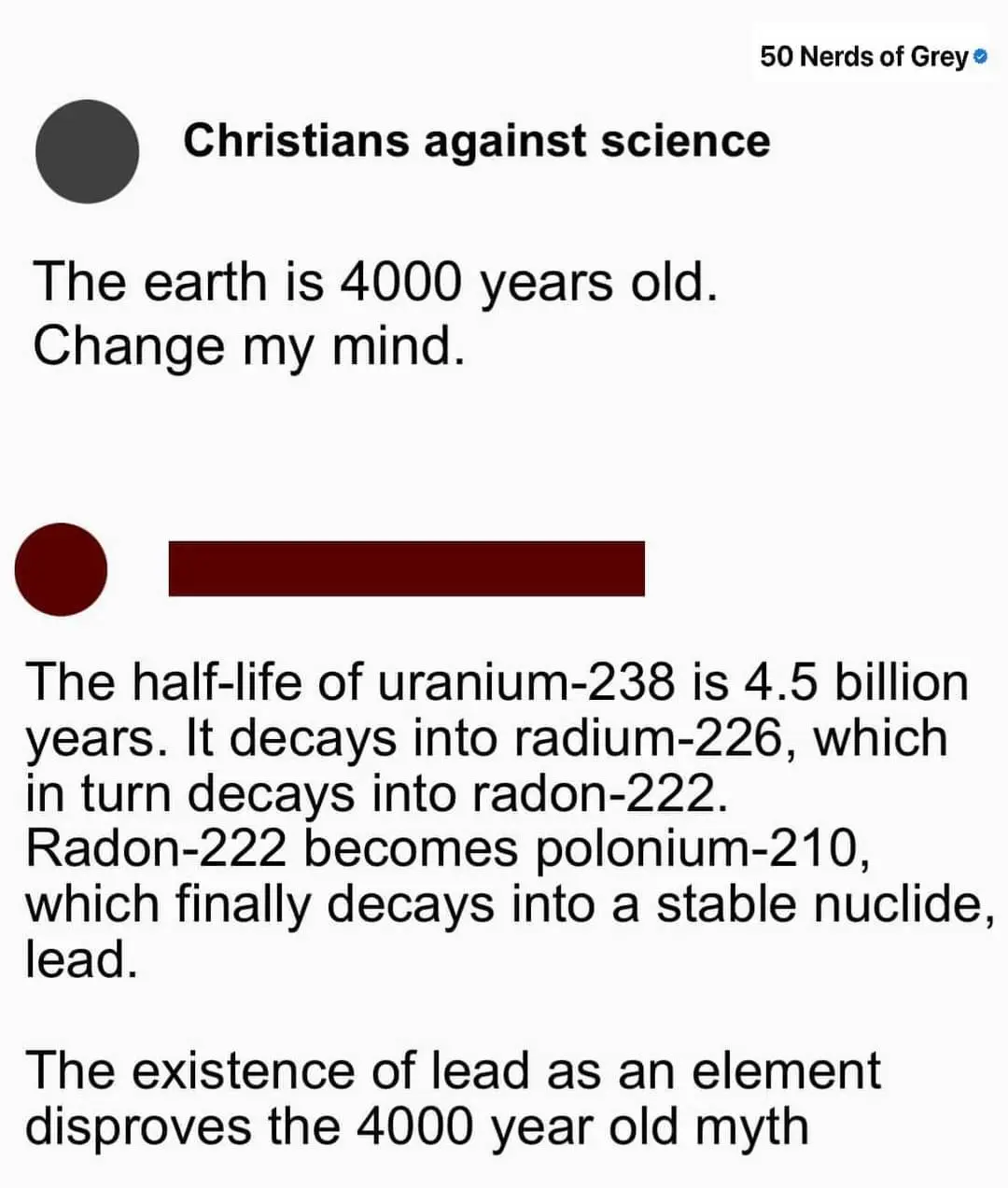Eat lead
Eat lead


Eat lead


You're viewing part of a thread.
It is a paradox if you believe there are omniscient beings. If there are no omniscient beings, there is no paradox. The sentence is either true or false. If the sentence is true, we have an omniscient being that lacks knowledge about a true statement. Contradiction. If it is false, there is an omniscient being that knows it to be true. This means that the statement is true, but the statement itself says that no omniscient being knows it to be true. Contradiction.
It's not a paradox, it's a dumb logic puzzle. It's no different than saying something nonsensical like "This sentence contains 2 words".
If it is false, there is an omniscient being that knows it to be true
No, if it is false, then it is simply wrong. A wrong sentence doesn't imply something else is right, it's just wrong.
"This sentence contains 2 words" is a sensible sentence. It has 5 words, so what the sentence says is false.
The self-reference in the sentence is similar to that of the Liar's paradox. Cousins of that paradox have been used to prove major limitative results in mathematical logic such as
https://en.wikipedia.org/wiki/Tarski%27sundefinabilitytheorem
https://en.wikipedia.org/wiki/Gödel%27sincompletenesstheorems
In usual logic, a false sentence implies every sentence.
https://en.wikipedia.org/wiki/Materialconditional
Also, if sentence P is false, then "P is false" is true
"J Lou has stopped beating their spouse."
If this sentence is true, it means you used to beat your spouse. If it is false, it means that you currently beat your spouse. Therefore, it proves that you are married and at some point in time you beat your spouse.
That sentence has a presupposition. The sentence I used can be fully formalized in a logic with predicates for knowledge of an entity and truth
The sentence I used
Also has a presupposition.